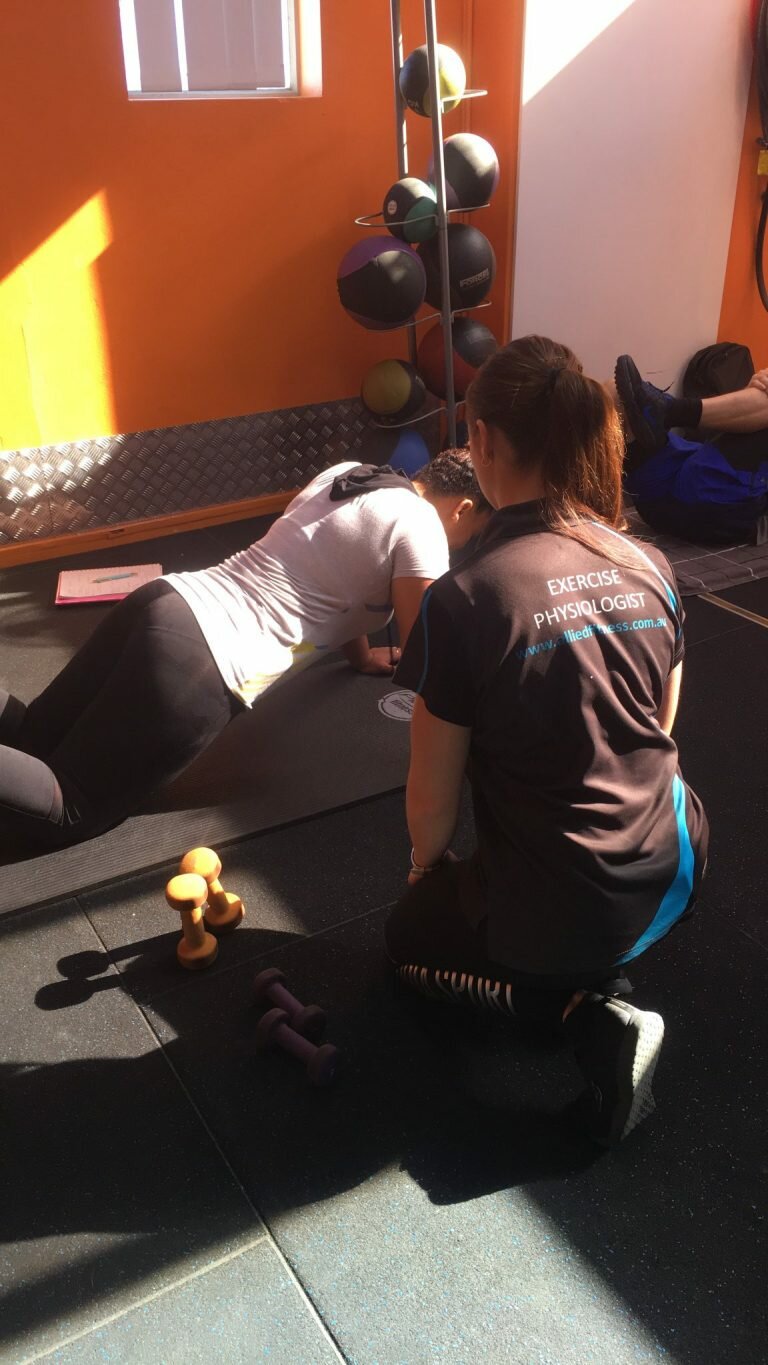1 on 1 vs Group Training
So, you have decided to start exercising? Or your GP or someone else has told you to start exercising? Where do you go? Where do you start? You may have heard great things from all of your friends who go to F45 or something similar, but is that going to be most beneficial for you? Sure, they may obtain great transformation results physically but is that one size fits all training protocol going to benefit you and your health in the long run?
When you enter the gyms with the group fitness classes they may give your alternative exercises to accommodate for injuries or give you some regressions if you are finding it too hard. However, the whole program is not going to be customised or adapted to you or your specific training goals. If you do not have the world’s greatest fitness going into some of these facilities you may be placing yourself at a higher risk of injury or overtraining. This high level of training could also be having the opposite effect on your health in the long run possibly causing you more harm than good in terms of other chronic conditions.

When you are training in these group-based environments you may thrive on the high intensity aspect of it. Or you may get addicted to trying to hit certain targets or burn a certain number of calories in the sessions week in and week out. If all your sessions are based around this ‘high intensity’ aspect, are you really getting a specific training plan including de-loading periods? This may be a great training facility for a 20 something year old with a good athletic background and no problems however it may not suit a 45-year-old diabetic who has been told to start training by his GP.
This is where one on one training is superior to group training with the customisation for each individual. In the long term one on one training will also produce better results. In one on one training with an Exercise Physiologist we take everything into consideration, not only physically but metabolically and mentally to work out what is best for you. If you have an underlying cardiac condition or diabetes we can work with your heart rates, monitor your blood pressure and give you the education around your conditions and tailor your exercise program for this. One on one training also considers the loading principles including de-loading and rest and the importance of variety in your training.
Then comes the discussion about accountability. How many of you attend group classes with your friends keeping you accountable for showing up? Some of us can then fall into thetrap of going to class only to chat to them most of the time or hide in the back of the class so the trainer won’t pick on you. You burnt the same calories though because you still turned up for that class, right? Wrong. Just because you turn up to these classes doesn’t mean you are reaching your full potential with your training.

Yes, group classes may be a fun and motivating environment but you have to ask yourself is this what my body needs trying to keep up with the group day in and day out? Sometimes your body needs and requires a more strength focused program or having that active rest day. Sometimes you need to slow things down and really focus on your technique. If you are in a group environment sometimes this can get lost.
One on one training and self-managed programs are important for discipline with your program. You don’t have to rely on a group or your friends to motivate you with this self-motivation. It also has great benefits not only on your training but with your mental health as it allows you to focus on you and your reason why you are training which we spoke about in our previous blog on motivation.
If you’re unsure as to whether group training or one on one is the best choice for you, feel free to book in a complimentary consultation to discuss your training and your goals further.
